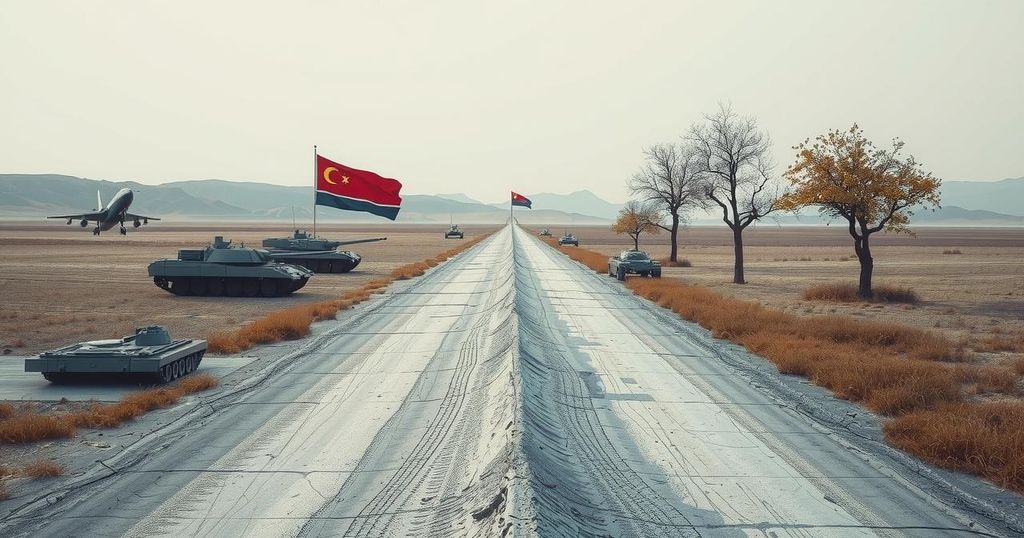Turkey Blocks Israel-NATO Military Cooperation Until Gaza Ceasefire Achieved

Turkey is blocking Israel’s participation in NATO military drills until a permanent Gaza ceasefire is reached. This follows strained relations due to Israel’s actions in Gaza and criticisms from Turkish leadership. Ankara possesses veto power within NATO, allowing it to restrict Israel’s new engagements unless humanitarian conditions are met. Turkey has also taken legal action against Israel at the International Court of Justice.
Turkey has announced it will block any new military cooperation with Israel and NATO until a permanent ceasefire is established in Gaza. This decision was confirmed by Turkish official sources following reports that Israel had been prevented from participating in NATO’s annual military exercise focused on resilience and emergency preparedness in Bulgaria, scheduled for September.
Israeli sources indicated that Turkey’s actions might be a response to Israeli Prime Minister Benjamin Netanyahu’s recent remarks about protecting the Druze and Kurdish communities in Syria, which have reportedly upset Ankara. However, a Turkish official denied that the move was related to Syrian matters, stating, “We have been blocking Israel’s new engagements with NATO for over a year.”
The blockade against Israel’s involvement in NATO reflects Turkey’s veto power within the organization, which requires unanimous decisions. A Turkish official stated, “Until a permanent ceasefire is achieved in Gaza and the obstacles to humanitarian aid are removed, we do not allow new or additional decisions to be made or new activities to be organised in NATO regarding Israel.”
Turkey previously hindered Israel’s bid for observer status at NATO, lifting this block during reconciliation efforts earlier in 2023. However, relations soured following a contentious meeting between Turkish President Erdogan and Netanyahu in September 2023. The dynamic worsened after the Hamas attacks and ensuing Israeli military actions in Gaza, leading to a deteriorating relationship marked by legal and trade sanctions against Israel.
Erdogan’s government has faced criticism for its response to the conflict, especially following the local elections, where their perceived inaction drew public backlash. The Turkish opposition has accused Erdogan of neglecting trade issues with Israel and urged closing existing loopholes. Ankara has also filed a case against Israel at the International Court of Justice, accusing it of genocide in Gaza, further illustrating the strained ties between the two nations.
Turkey’s decision to block military cooperation with Israel and NATO until a permanent ceasefire in Gaza is reached demonstrates its strong stance on the conflict. Turkey’s ongoing objections have included blocking Israel from NATO’s military exercises and pursuing legal actions against Israel. The deterioration of Turkish-Israeli relations highlights the complexities surrounding regional politics and humanitarian concerns. The challenges faced by Erdogan’s administration underscore the domestic pressure regarding foreign policy decisions.
Original Source: www.middleeasteye.net







